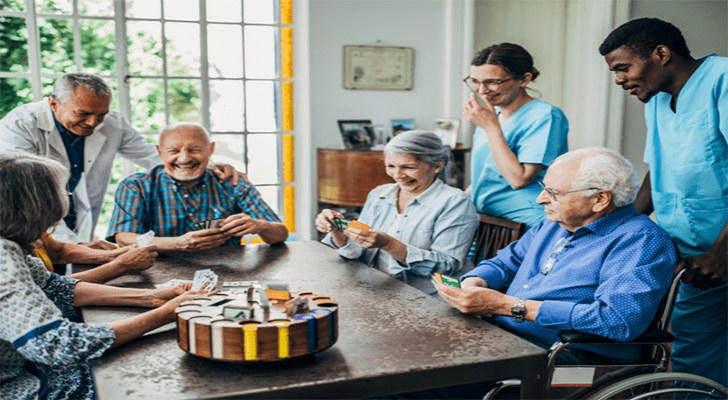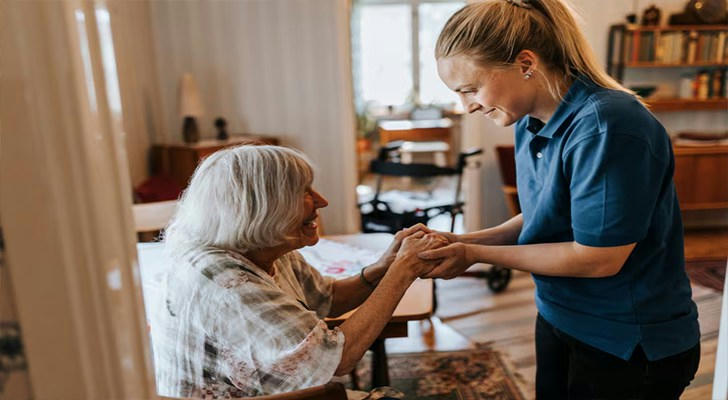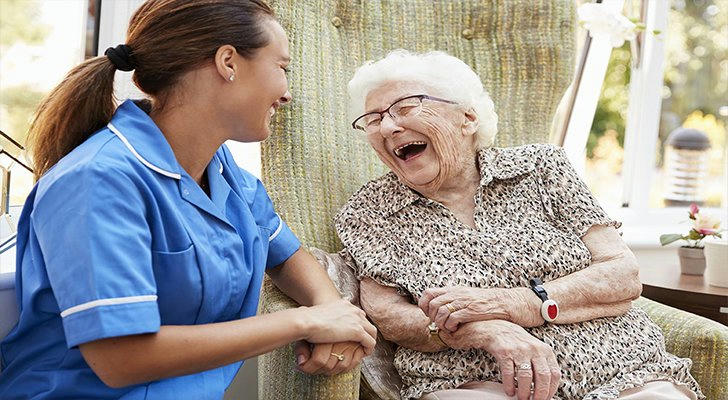Caring for America’s Seniors: Understanding the Role of Elder Care Workers
As the population of the United States continues to age, elder care has become one of the most important and growing industries in the country. Millions of older adults require help with daily activities, medical care, and emotional support. At the heart of this care system are elder care workers—dedicated individuals who assist seniors in living healthy, safe, and dignified lives.
But what exactly does an elder care worker do? How does this profession work in the U.S.? And why is it becoming more important than ever? In this article, we’ll explore these questions and provide a simple, informative look at the world of elder care.

What Is an Elder Care Worker?
An elder care worker is someone who provides care and support to elderly individuals who may need help with physical tasks, medical routines, or emotional needs. These professionals work in a variety of settings, including:
- Private homes
- Assisted living facilities
- Nursing homes
- Adult day care centers
- Hospitals or hospices
Elder care workers can go by many job titles, such as home health aides, personal care aides, certified nursing assistants (CNAs), or geriatric caregivers. Their responsibilities may vary depending on the setting and the needs of the person they’re caring for.
What Do Elder Care Workers Do?
The duties of elder care workers can be grouped into three main categories: personal care, medical support, and emotional companionship.

1. Personal Care
Most elderly people need help with activities of daily living (ADLs)—the basic tasks required for everyday life. These include:
- Bathing and grooming
- Dressing and undressing
- Eating and preparing simple meals
- Using the toilet
- Walking or getting in and out of bed
Elder care workers often assist with these tasks to make sure seniors stay clean, safe, and comfortable.
2. Medical Support
Some elder care workers are trained to help with basic health-related duties, such as:
- Checking vital signs (like blood pressure or temperature)
- Managing medications
- Helping with physical therapy exercises
- Monitoring changes in health conditions
More advanced medical tasks are usually performed by registered nurses or licensed practical nurses, but elder care workers often work alongside them as part of a care team.
3. Emotional and Social Support
Just as important as physical help is companionship. Many older adults face loneliness, especially if they live alone or have lost loved ones. Elder care workers often become trusted friends—offering someone to talk to, play games with, or take walks together. This emotional connection greatly improves a senior’s quality of life.
Why Is Elder Care So Important in the U.S.?
The United States is experiencing a major demographic shift. According to the U.S. Census Bureau, by the year 2034, there will be more adults over 65 than children under 18. This is due to longer life expectancies and the aging of the “baby boomer” generation (people born between 1946 and 1964).
As a result, there is growing demand for elder care workers. In fact, the U.S. Bureau of Labor Statistics projects that home health and personal care aide jobs will be among the fastest-growing occupations over the next decade. This field offers job opportunities for people looking to make a meaningful difference in others’ lives.
What Skills and Qualities Do Elder Care Workers Need?
Being an elder care worker requires more than just training—it takes compassion, patience, and strong communication skills. Here are some of the key qualities needed:
- Empathy: Understanding and caring about the feelings of others.
- Physical strength: Some tasks involve lifting or helping people move.
- Attention to detail: Especially when managing medications or health needs.
- Reliability: Seniors and their families depend on caregivers to be there on time.
- Good listening skills: Many elderly individuals just want someone who will listen and care.

Training and Education
Most entry-level elder care positions, such as personal care aides, do not require a college degree. However, formal training programs and certifications are often required or preferred by employers.
For example:
- Home Health Aides (HHAs) often complete a training program approved by their state and may need to pass a competency test.
- Certified Nursing Assistants (CNAs) must complete a state-approved education program and pass a certification exam.
Many community colleges, vocational schools, and health organizations offer these programs. Some also offer training in specialized areas, such as caring for individuals with Alzheimer’s disease or mobility challenges.
Challenges Faced by Elder Care Workers
Despite the meaningful nature of the work, elder care can be physically and emotionally demanding. Common challenges include:
- Low Pay: Many elder care workers are paid low wages, especially compared to other healthcare workers. This can lead to high turnover in the industry.
- Emotional Strain: Caring for people with serious illnesses or cognitive decline can be emotionally exhausting.
- Burnout: Long hours and the physical demands of the job can lead to fatigue and stress.
Advocates are calling for better wages, benefits, and support systems for caregivers, as they play such a vital role in the healthcare system.
The Future of Elder Care in the U.S.
As America ages, elder care will only grow in importance. New technologies—like health-monitoring devices, smart home systems, and telehealth—are being introduced to help caregivers and improve care. However, technology cannot replace the human touch. Elder care workers will continue to be essential in providing personalized, compassionate care.
Governments, families, and communities are now discussing how to strengthen the elder care system through policy changes, increased funding, and expanded training programs.
Conclusion
Elder care workers are the quiet heroes of the American healthcare system. They help seniors live with dignity, comfort, and independence. Their work is often behind the scenes, but it touches millions of lives every day.
Whether you’re considering a career in caregiving or just want to better understand how society supports its aging population, recognizing the value of elder care is the first step toward creating a more compassionate and prepared future for everyone.
